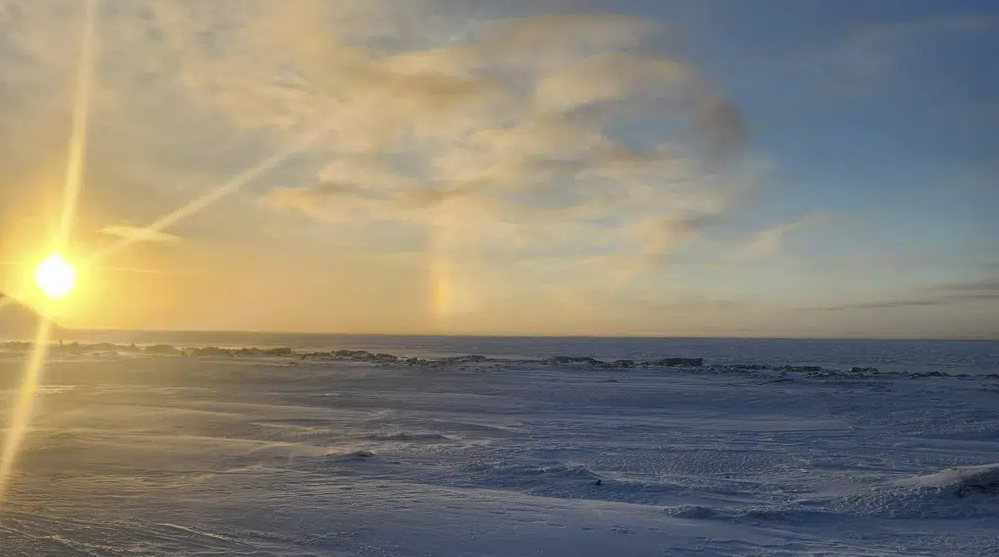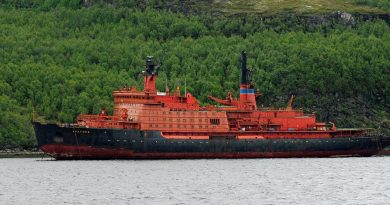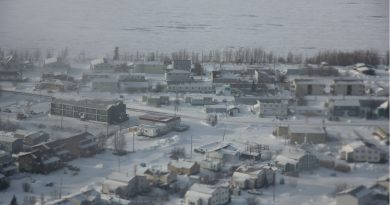Polar bear in fatal Wales attack was in poor health

A polar bear that killed a young mother and her baby last month in western Alaska was likely an older animal in poor physical condition, but tests came back negative for pathogens that affect the brain and cause aggressive behavior, officials said Monday.
Dr. Kimberlee Beckmen, a state wildlife veterinarian, collected and examined samples from the bear’s head the day after the attack, when weather conditions allowed her and an Alaska State Trooper to fly to the village.
The results of her analysis, which were released Monday but initially were dated Feb. 3, indicate the bear was an adult male, probably older and in poor physical health. Officials sent a tooth to a lab to determine the bear’s age, but those results won’t be known for months.
Standard tests conducted on available tissues for pathogens were negative for rabies, toxoplasmosis, distemper and avian influenza.
“There is no definitive explanation as to why the bear was in poor body condition,” the Alaska Department of Fish and Game and the U.S. Fish and Wildlife Service said in a joint statement.
Summer Myomick and her 1-year-old son, Clyde Ongtowasruk, were mauled to death Jan. 17 as they left the school in Wales, Alaska, for a short walk of about 150 yards to the town’s medical clinic.
School employees attempted to stop the attack by hitting the bear with shovels, but it turned on them and chased as they went back inside for safety. The principal slammed the door to keep the bear out of the school, which was in session.
A village resident later arrived with a gun and killed the animal.
It was the first fatal polar bear attack in Alaska in three decades.
Polar bears are the largest bear species, according to the Fish and Wildlife Service. Males typically weigh 600 to 1,200 pounds (270 to 540 kilograms) but can be more than 1,700 pounds and reach up to 10 feet in length. Females weigh 400 to 700 pounds. Polar bears generally feed on seals but also prey on walruses and beluga whales.
They were listed as threatened under the Endangered Species Act in 2008 and are also protected under the Marine Mammal Protection Act. Both laws prohibit harming the bears without authorization unless necessary for human safety.
Wales, a whaling village of about 160 people, is located about 640 miles northwest of Anchorage and is accessible by plane or boat.
Related stories from around the North:
Norway: Could drones help prevent polar bear attacks on the Arctic archipelago of Svalbard?, The Independent Barents Observer
United States: Polar bear kills woman, boy in remote Alaska village, CBC News



